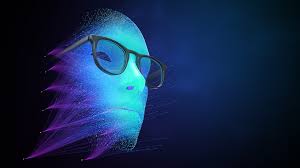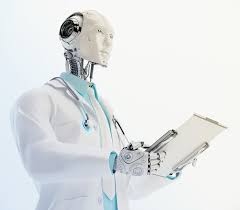Source: thejakartapost.com
British billionaire Richard Branson, founder of Virgin Atlantic Airways and a campaigner for LGBT+ rights, cannot be in all places at all times.
Technology could soon change that.
Uncannily familiar in appearance and voice, avatars of Branson and two human rights activists displayed on tablet devices were unveiled at a youth summit in London on Friday.
The digital doppelgangers use pre-recorded phrases to interactively engage in conversations with people about social causes like climate change through a mobile application designed by technology company AI Foundation.
In theory, that means an imprisoned human rights activist could continue to engage with others through their avatar.
“You will never be able to silence anyone again,” said AI Foundation’s CEO Lars Buttler at the One Young World conference.
The animated renderings of Branson, a Colombian kidnapping survivor and a North Korean refugee addressed a packed auditorium in central London and asked each other questions about democracy and forgiveness.
Laura Ulloa, the 28-year-old Colombian activist which one of the avatars is modelled on, told the conference the technology allows her to “be in all the places I can’t be” and to have one-on-one conversations that could “change people’s minds through empathy.”
Other kinds of artificial intelligence including robots, holograms and “AI dolls” have yet to be mass produced but are depicted in popular culture including in the 2019 novel by British author Ian Mcewan, Machines Like Me.
Rights groups are examining how to use artificial intelligence to monitor abuses like the death penalty but others have raised concerns about the dangers posed by avatars.
“Such avatars come with clear risks,” said Edin Omanovic, of UK-based surveillance monitoring group Privacy International.
“You have to hand over a huge amount of sensitive information to make the programme work and trust the company to keep this data secure from hackers and not to monetise it by sharing your data with third parties.”
Co-founder of the One Young World summit, David Jones said: “Bad people have always done bad things with new technology but we’re trying to use this technology to drive positive change while protecting it as much as we can.”


